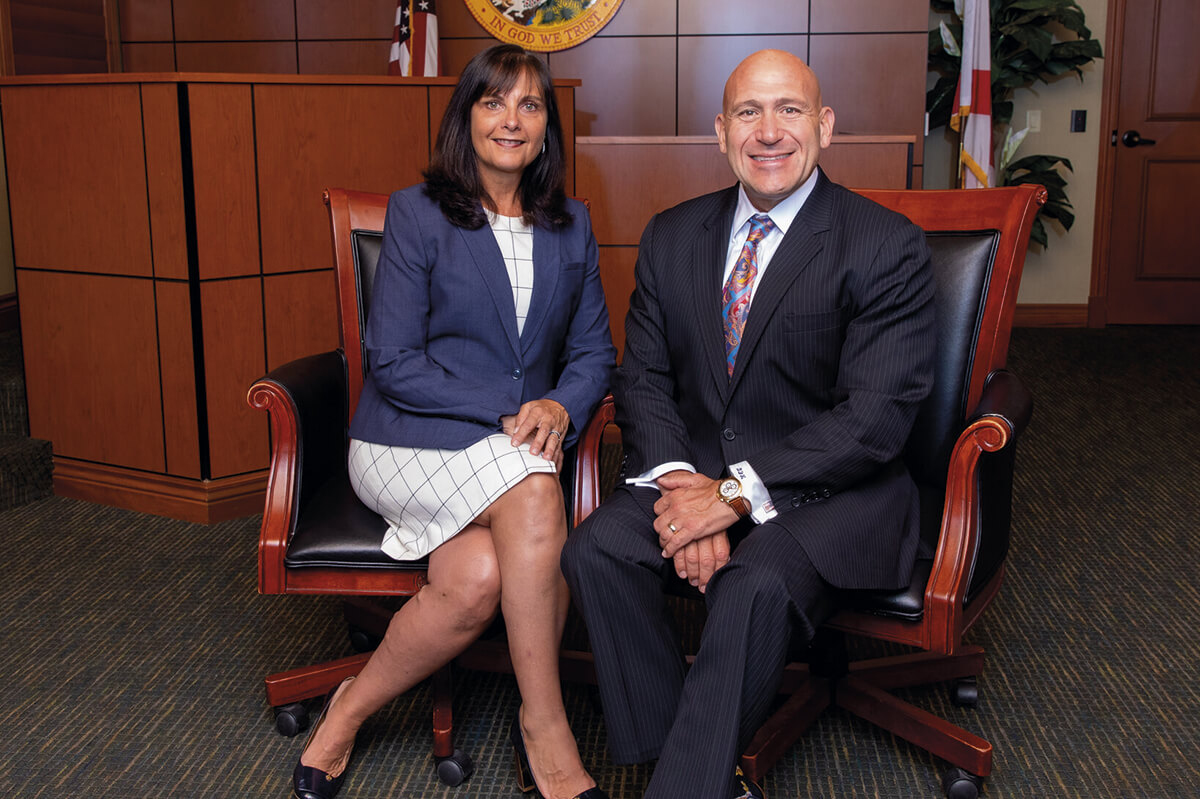Basics of Wrongful Death Law
When a loved one passes away due to the negligent, reckless, or deliberate actions of another, it can leave a deep wound in the hearts of the family members. To help these families seek justice, wrongful death laws have been established.
Elements of a Wrongful Death Claim
In wrongful death cases, the plaintiff must prove specific elements to the court. These elements are more detailed than general personal injury cases, as they directly relate to the loss of life.
Negligence
This element requires demonstrating that the death of the victim was caused, in part or in entirety, by the carelessness, recklessness, or negligent actions of the defendant. Negligence can range from distracted driving, failing to maintain a safe environment, to professional negligence like a medical error. Evidence of negligence can be derived from police reports, eyewitness testimonies, expert witnesses, and accident reconstruction.
Breach of Duty
The plaintiff must establish that the defendant owed a duty of care to the deceased. The duty varies depending on the relationship. For instance, a driver has a duty to obey traffic laws and drive safely, a manufacturer has a duty to produce safe products, and doctors have a duty to maintain their patient’s health. Proving a breach of duty involves showing the defendant’s actions (or inactions) fell below the standard expected in that situation.
Causation
After establishing negligence and breach of duty, it is essential to show that these actions directly caused the victim’s death. This could involve proving that the injury would not have happened if not for the defendant’s negligence. Medical records, accident reports, and expert testimonies often serve as evidence in establishing causation.
Damages
The final step involves showing that the death has led to quantifiable damages. These can include medical and funeral expenses, loss of income and potential earnings, loss of companionship, and emotional distress among others. Damages are often proven through receipts, wage statements, expert testimony, and personal statements from family and friends.
Specifics of Florida Wrongful Death Statutes
Florida’s wrongful death laws are slightly unique. According to the Florida Wrongful Death Act, the personal representative of the deceased’s estate is the only person who can file a wrongful death lawsuit. These survivors can include:
- The deceased’s spouse
- Children
- Parents
- Any relative who was partly or wholly dependent on the decedent.
Time Limits for Filing a Wrongful Death Suit in Florida
The “statute of limitations” is a law that sets the maximum period that one can wait before filing a lawsuit. In Florida, a wrongful death lawsuit must be filed within two years of the date of death.
















